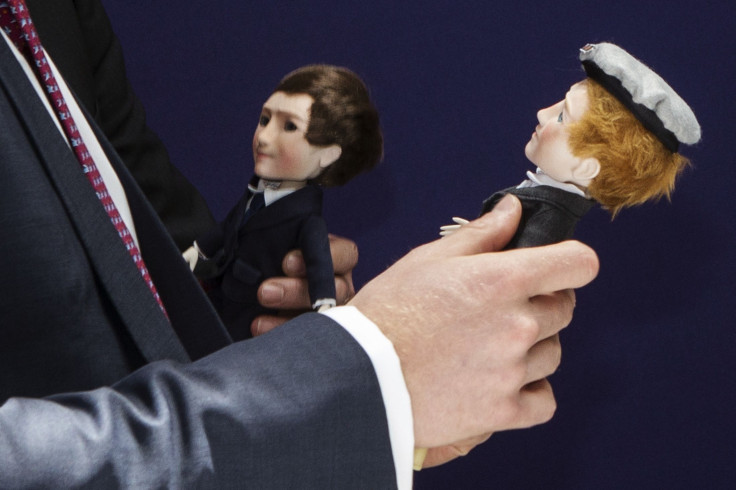Toy-Making Company Designs Dolls With Disabilities

A 3D printing toy company, MakieLab, from London has created a line of dolls to represent children with disabilities. The creators of the dolls say they were inspired to make this creation by the social media campaign Toy Like Me started by the parents of disabled children to have toys which their children can relate to.
According to #ToyLikeMe founder Rebecca Atkinson, the reason behind the start of this campaign is "The global toy industry is worth [$20 billion], but there are no wheelchair-using Barbies. Playmobil's answer to disability is a boy with a broken leg and an elderly man being pushed in a wheelchair by a young blonde woman. What does this say to children? That only old people need wheels? That childhood disability amounts to a few weeks with your leg.”A post on the Facebook page of Toy Like Me says, "If toys are designed to educate us about the world around us, shouldn't their makers be working to nurture disabled kids’ self-confidence rather than impose unrealistic ideals they cannot aspire to?"
By taking a cue from the pictures of hand-modified toys with wheelchairs, canes and other aids reflecting the disabilities of the kids posted on the Facebook page of Toy Like Me by their parents, MakieLab has started to design inclusive accessories such as walking aids, hearing aids, birthmarks and glasses to go with their unique 3D printed customised dolls. As indicated by the press release from the company, their first batch of “Makies” dolls are ready to hit the online stores.
MakieLab Founder Alice Taylor have said in a statement that they had already been considering to add new line of production to their range which will be more relatable to children with disabilities.Chief technology officer Matthew Wiggins of MakieLab says their toys can be inclusive since they use a unique 3D printing technology for doll-making process without mass production. He adds, “It’s fantastic that our supercharged design and manufacturing process means we can respond to a need that’s not met by traditional toy companies."
The campaign Toy Like Me is still continuing their effort in persuading major toy making brands, like Mattel and Playmobil, to create more diverse toys which can be easily accepted by children with disability.
To contact the writer, email:ruchira.dhoke@gmail.com




















